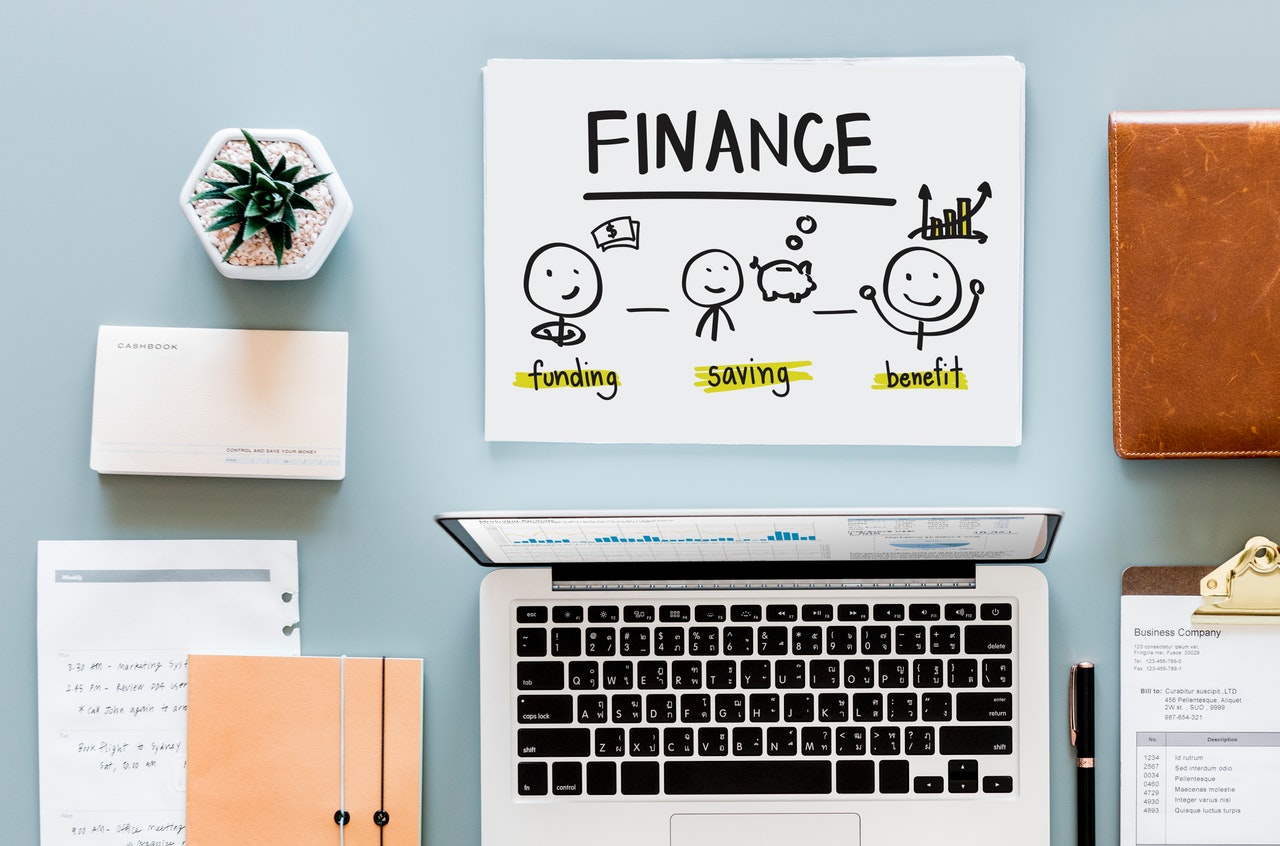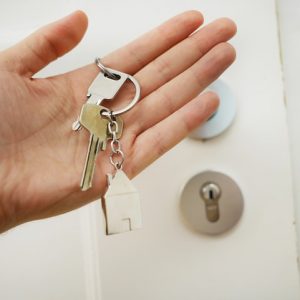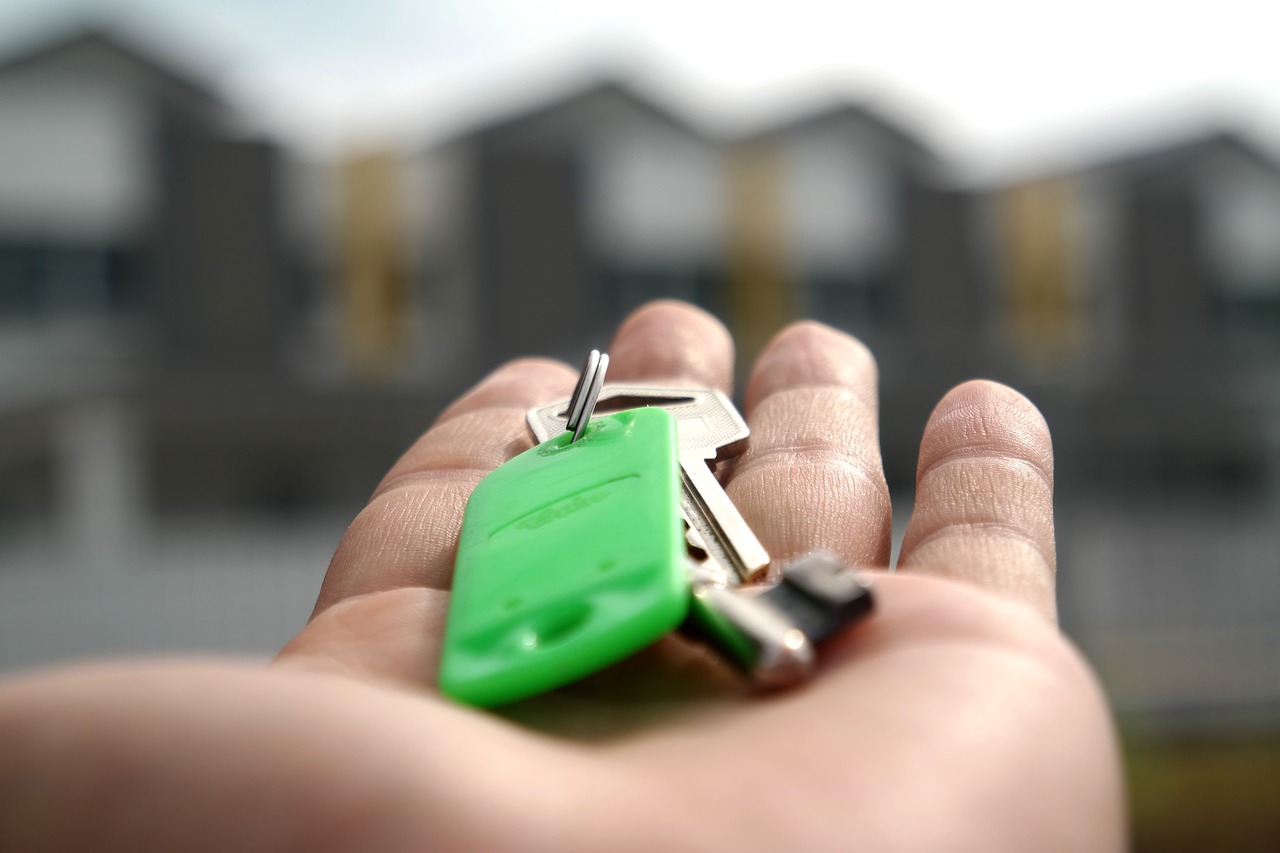There really are so many ways for you to get those sweet funds. And here is a list we’ve conducted with help from rightmove.
Cash itself
This is the simplest way to get a property. Although, when you use cash, you need to satisfy the regulations (Money Laundering Regulations) by showing where you exactly got that money from. And typically, any cash purchases could come from either any windfall payment, inheritance, savings, downsizing, releasing equity or from an already-sold home.
Although, buying using cash won’t allow you any leverage in buying power the same way you would when doing it with a mortgage.
Mortgage
A little reminder when buying a property with mortgage, the buyer themselves can put down the amount of percent that you owed money on, which can be 5% of the price, with the mortgage lender or maybe the bank. This charge would mean that if there is an event that you wouldn’t be able to pay back the money you own, that bank can take action in court where they would take the property you bought. Oh and by the way, mortgages can last up to 30 years or less. Technically speaking, it could run up until you retire. However, if you go for a mortgage rather than cash, you would be able to buy a much more expensive and pretty-looking property.
Family and Friends

Some families have family members that could fund them on the purchase they need, especially when it came to buying property. They could lend them or outright give them the money (doubtful). Most of the time they will act as guarantor to the purchase.
This kind of deal is based on trust more than anything, however you still need to consider a couple of things.
- In the event that your friend or family member really is helping you fund this, you need to give a necessary proof to your solicitor and explain where the money came from.
- Was the money given? Or do you need to pay that back someday?
- If that was lent, is there going to be an interest for when the property you purchased has increased its value? Are you going to be paying back more for that?
- What if the value went down?
- What if they need the money back? Will there be a contingency plan?
- Make the agreement written so no one forgets. This is a big thing, after all.
As a guarantor, the friend/family member who gave you the money for it will not co-own the property, now will they be named on the deeds. However, they are going to be legally responsible to make payments in the events that you could not.
How About Co-buying?
Co-buying makes everything just a little bit more affordable than normal. You would be sharing the sots and it can be an economical way of climbing up that ladder. A little tip, make sure you work on the worst-case scenarios so you know what to do when they actually do happen. Being in trouble in the financial case is one of the hardest problems so you take the time to work on that, okay?



